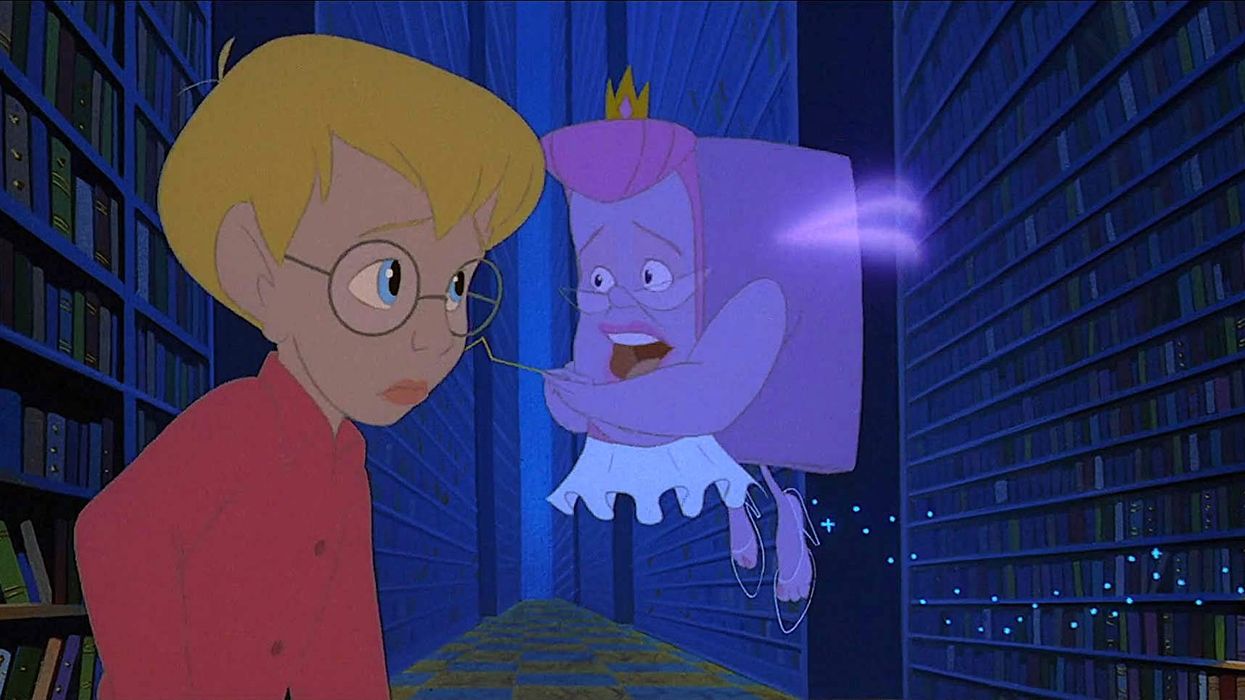Hollywood is Buying Up Book Rights During the Pandemic
Hollywood has always been driven by intellectual property, but it's on the rise now.

The one thing the pandemic has done is given people a lot of free time. They're using that time to catch up on shows, read, and make sourdough bread. The same is true across Hollywood, where executives have finally been doing their homework.
A recent article in the Los Angeles Times shows a larger trend that has played out during the COVID-19 pandemic: a surge in deals for studios to adapt books for film and TV. The article goes on to say "studios have gobbled up the rights to hundreds of novels and nonfiction tomes that they hope will underpin future hits."
This trend is thanks to people being home and having time to read.
And the numbers back it up.
CAA has packaged and sold about 175 book titles for film and TV so far in 2020. That's 5x the agency’s volume during the same period of time in 2019. WME and United Talent Agency also reported significant jumps in the number of books sold to package.
So, is this really just because people have time to read?
No.
CAA and WME are the last agencies remaining who have not come to terms with the WGA. That means that they no longer represent writers. Without screenplays to package (and while the packaging is frowned upon), they've concentrated all their efforts on getting books sold at studios.
Intellectual property is always a hit with studios because it comes with an audience already.
The more popular the book, the more valuable it is to studios.
But this is not the case with every genre. Fantasy and YA often have a hard time finding homes because the movies based on them can be expensive and only appeal to niche audiences. You have to be a really popular book to find a home.
Also, a lot of these numbers are not sales but options, or small fees paid for the rights to try to sell the property to major studios while it's being packaged.
Still, reading has helped.
Michelle Weiner, the head of the CAA Book department, said “We have had an extraordinary increase in volume over the last five to six months...There are directors and actors and creators and producers that suddenly and without notice found themselves available.”
She continued, “We’ve had more examples of having something pitched on a Monday and sold by a Friday than ever before. It reflects both the bandwidth and the parallel appetite of buyers to keep their development slates robust.”
The LA Times expands on that. They spoke to Jill Gillett and Sylvie Rabineau, who co-head WME’s literary packaging department.
“There was always this knee-jerk reaction that authors are very precious about their material and they couldn’t be trusted to adapt their own work or be involved in the process, and I think we’ve proven everybody wrong,” Rabineau said. “That pendulum has really swung, where most studios and producers absolutely value the services an author can provide even beyond the underlying material.”
As people return to sets and decide what movies and TV shows will be popular for the next year, these books are leading the way, verifying which project people should bet on. This intense purchase of IP could pay off, but eventually, that bubble will burst.
People will crave original ideas, but who knows if agencies and studios will ever favor them.
















